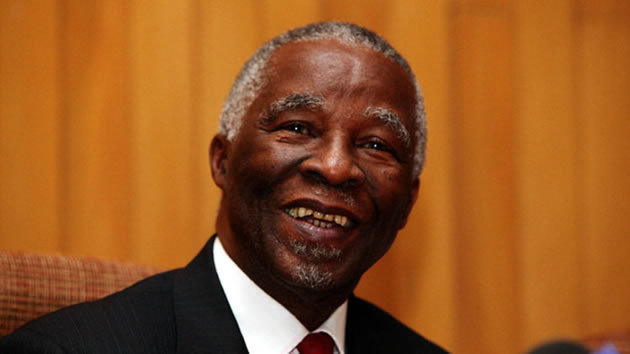The wish to unite: What has gone wrong?

Lovemore Ranga Mataire The Reader
At the birth of the Organisation of African Unity in Addis Ababa, Ethiopia, in 1963, the founding president of Ghana, Kwame Nkrumah, made one of the most enduring and inspirational speeches of all time when he said: “I have often been accused of pursuing a ‘policy of the impossible’.
“But I cannot believe in the impossibility of achieving African union any more than I could ever have thought of the impossibility of attaining African freedom . . . Africa must unite. We have before us not only an opportunity but a historic duty.”
While the attainment of African unity at the time seemed like a fleeting illusion, it is not in dispute that it was through Nkrumah and Nyerere’s efforts that the OAU set up the Liberation Committee headquartered in Tanzania to support liberation struggles in Southern Africa.
Indeed, liberation movements that included PAC and ANC (South Africa) and ZANU and ZAPU (Zimbabwe) got tremendous support in terms of training and material resources to execute their liberation struggles.
The eventual attainment of political independence in Southern Africa and the wider continent was a reality envisaged by Nkrumah, but which pessimists dismissed as the histrionics of a demagogue.
The triumph of political autonomy was only, but partial fulfilment of Nkrumah’s dream as he strongly believed in the concretisation of real unity through economic integration which will ultimately make the continent a master of its own destiny.
In “The Making of the African Nation” (2003), Professor Mammo Muchie reviews the pitfalls that have afflicted the continent in its failure to transform political unity into real continental unity capable of transforming people’s lives in a sustainable and self-sufficient manner.
Muchie highlights the absence of a shared idea of an African identity. He posits the lack of a shared understanding as called for by former South African president Thabo Mbeki in his “African Renaissance” speech as the major obstacle to achieving real unity as envisaged by Nkrumah.
In his “African Renaissance” speech, Mbeki fused historical experience, African resistance and African culture and consciousness to anchor his own existential identity as an African.
According to Mbeki the project to unite and free Africa requires a shared minimum common cause and without such a shared bottom line, it is virtually impossible to sustain an Africa unity project.
“Mbeki has touched upon an important point of principle: the making of Africa requires a prior making of the African. We have Africa as a geographical reality, but the African as a social reality has yet to evolve,” says Muchie.
The transformation of the OAU into the African Union has not significantly advanced efforts to unite Africa. In fact, according to Muchie, the change AU has brought numerous questions that need to be seriously tackled.
Who is uniting? What is the unity for? How should the unity proceed? These are all questions demanding immediate responses. Is it not ironic that after 51 years of the OAU, the basic concept of bringing together 54 states in Africa and the historic and contemporary Diaspora remains subordinate to the overriding need of the heads of states to maintain their largely hollow sovereignties?
In Muchie’s words, real African unity is only achievable when “all sovereignties are pulled together and emerge with the synergic effect of an African distinct voice. That requires that all those joining evolve common positions not so much about the fluctuating issues of the day, but also on the enduring ideas about who they are, why they need to come together and the shared basis for making common cause and evolving a common purpose”.
It can be argued that what has been missing most efforts to unite Africa has been the lack of a real concept.
While the majority of people on the continent recognise their African-ness, others shun self-definition and self-recognition.
Maybe the reason why a number of African countries are not compelled to celebrate Africa Day is because of their inherent anxieties in thinking that such a universality will dilute their specific identity, while others see such an inurnment as unsettling.
Indians, he says, speak many different languages and practise different religions, but these have not prevented them from overcoming their specific attributes and proclaiming an Indian national identity.
Until Africans begin to define themselves beyond the specificity of their blood, clan and post-colonial state affiliation, the dream of lasting unity and peace will remain but a fleeting illusion.










Comments